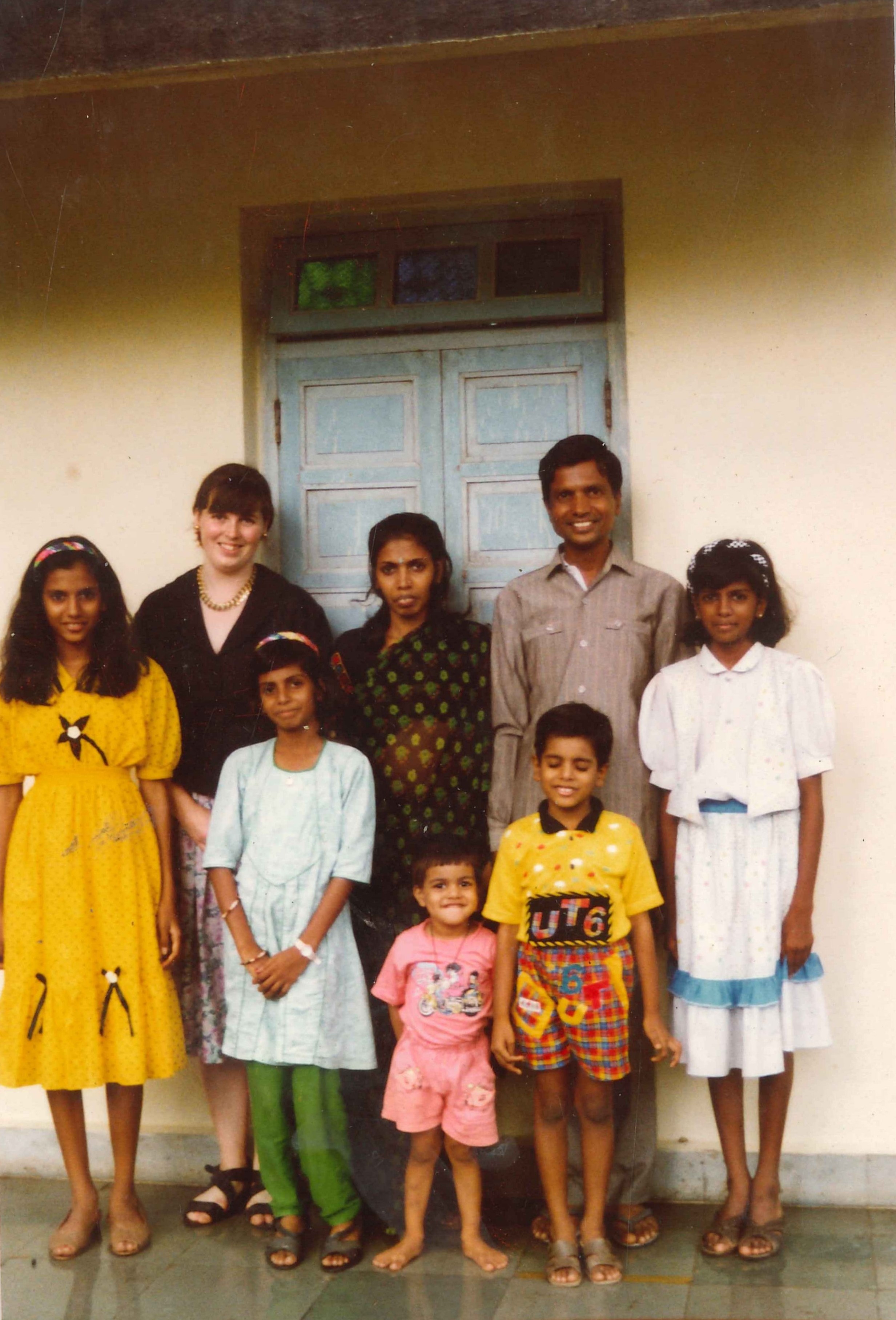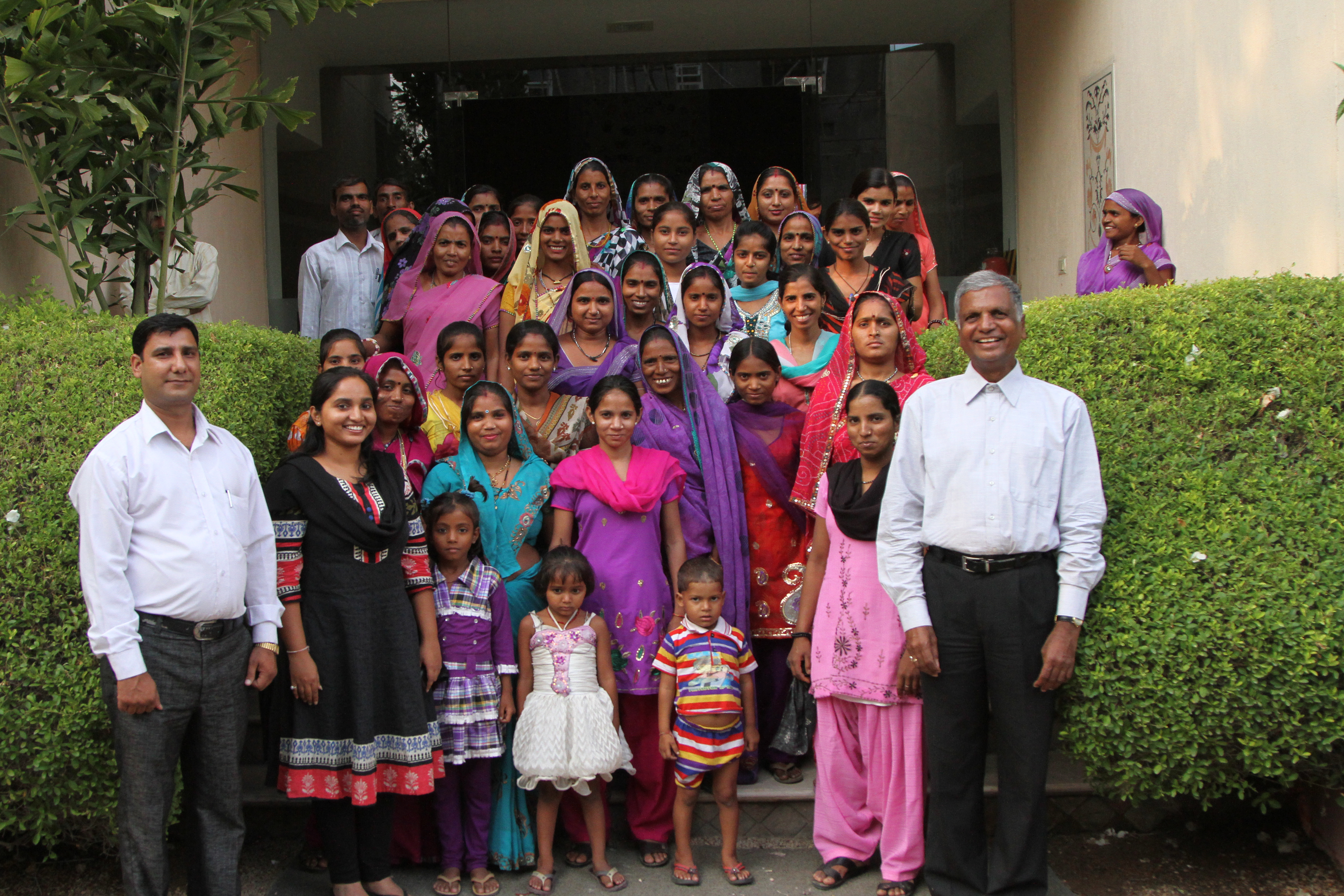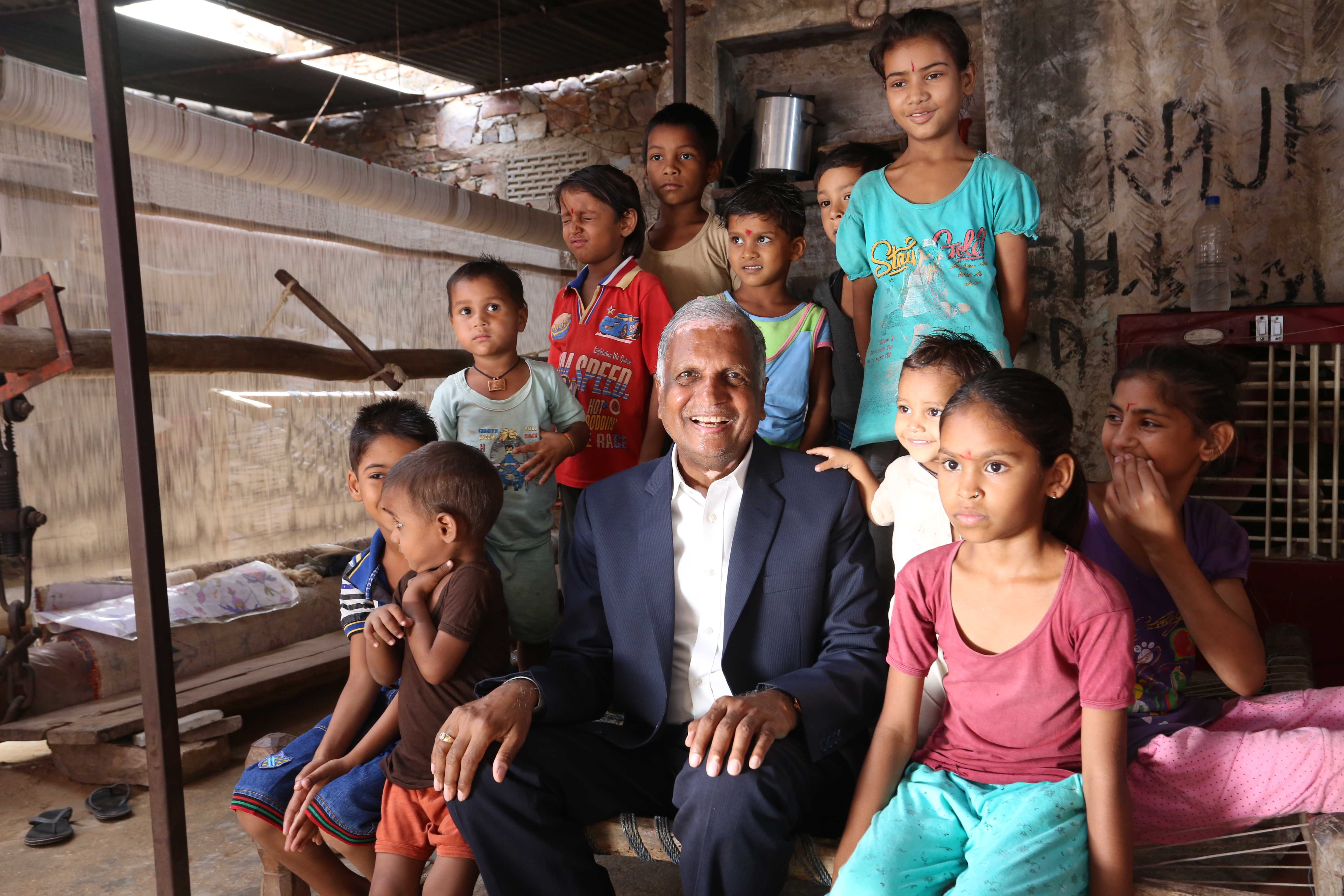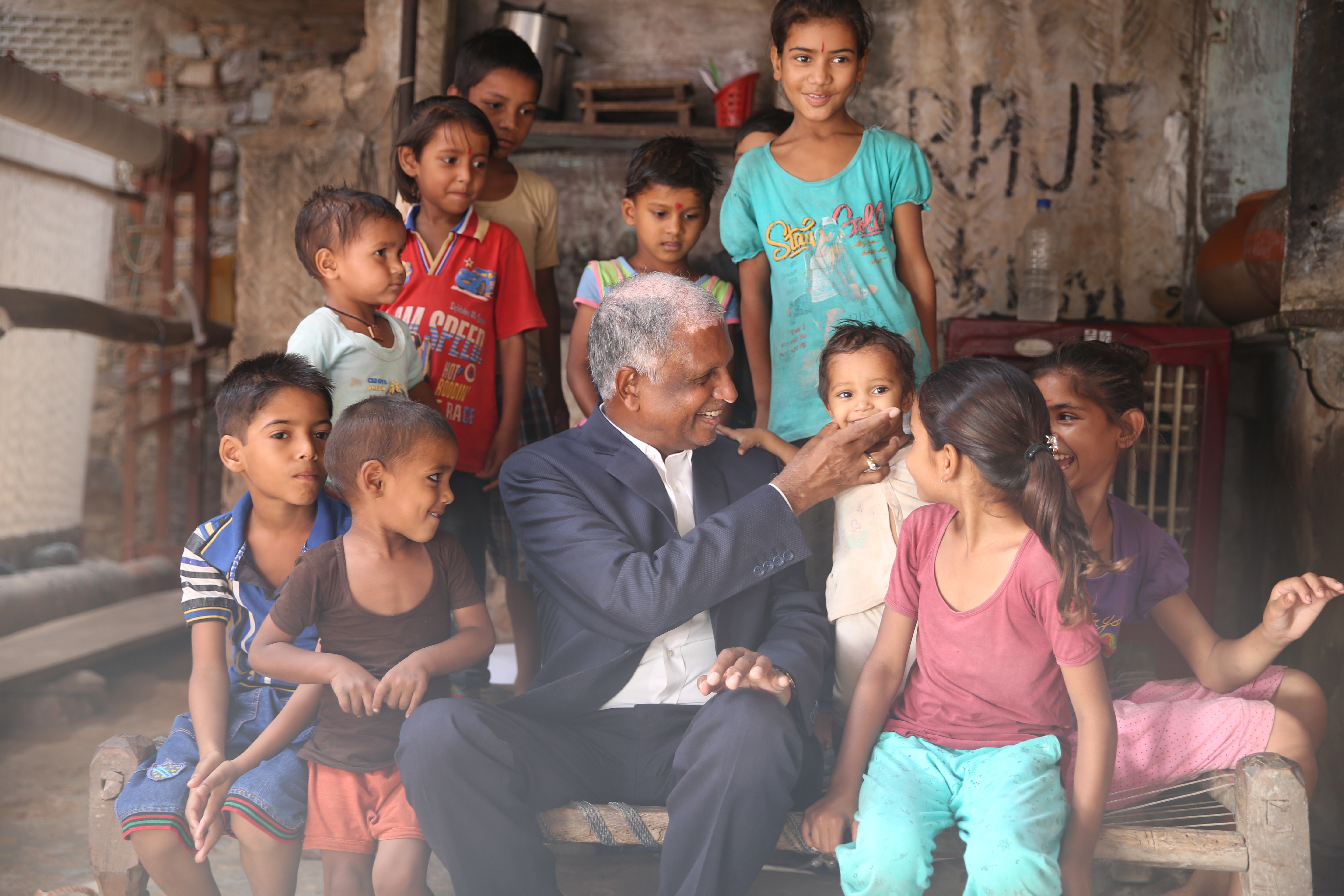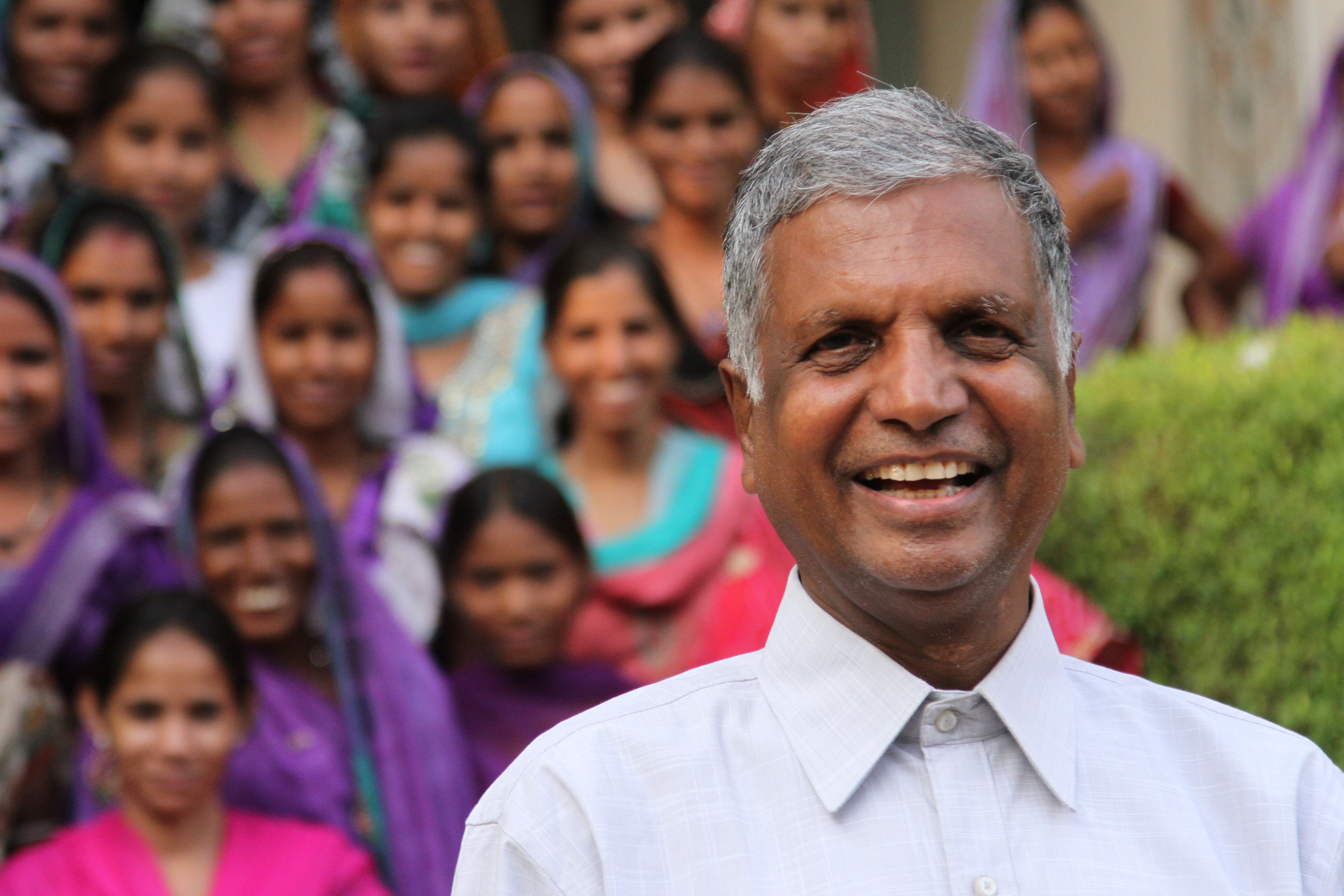Leadership development is important for the growth of both the organization as well as the leader and the employees. A leader’s primary duty is to lead effectively which requires a mindset that adheres to the surrounding environment.
A leader is a lifelong learner who craves for constant opportunities, feedback and an urge to improve. When situations are challenging and when customer demands are shifting it can be hard to remain positive. During such situations mindsets help the leaders to refocus and push them to succeed. I would like to pen down a few ideas on mindsets which are important.
An organization’s successful development occurs when mindsets are more flexible and agile than rigid. My years in business taught me that mindsets need constant update and improvement. Following are the mindsets that helped me in improving my leadership.
Growth
A growth mindset reminds us to learn from our setbacks and challenges and use them to improve. A growth mindset is how we do things creatively to incur positive results.
When the lockdown hit, our sales had hit badly. But amongst this, one of our employees Dinesh from the sales team took it as an opportunity to study things from a customer point of view. While he worked continuously in a room with no one to interact, I spoke with him daily and made sure he was given the motivation and appreciation he required.
Dinesh not only achieved the targets but it helped in his personal development as well. Instead of asking your managers to check on the employee, if a leader finds time to interact with the employee then the impact is manifold.
Inclusive
When a leader has an inclusive mindset, they make sure all the voices in the room are given equal recognition. Diverse opinions give better perspectives.
Agile
An agile mindset helps to be increasingly comfortable with ambiguous situations. Agility can be seen in the adaptations leaders and their employees have made to leverage technology in new ways to keep their teams connected and contributing.
An agile leader cultivates personal resiliency and encourages their team to do the same. The result of agility can be new and innovative ideas, opportunities to get things done differently, or approaches that might not otherwise have surfaced if a leader didn’t pivot from their current reality.
At Jaipur rugs, we decided to give our artisans an opportunity to design their own rugs. The initiative was named as Manchaha. The artisans were asked to design on their own. This wasn’t an easy decision to make yet the approach brought a major breakthrough making history at Jaipur Rugs. We won seven international awards including the German design award.
Mindsets play an integral part in the successful development of an organisation. A fixed mindset puts one on dead end while a growth mindset takes one forward.
Choose where you want to go?
